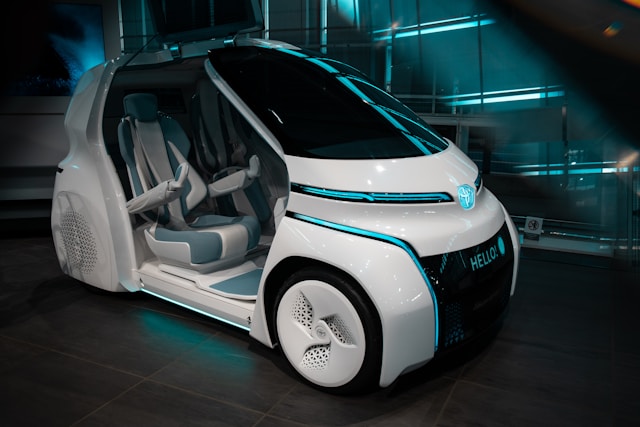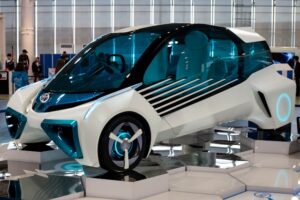“Hydrogen Cars vs. Electric Cars: Why Hydrogen Offers a Better Solution for Long-Distance Travel”

As the automotive industry shifts towards sustainable energy sources, the debate between hydrogen cars and electric vehicles (EVs) has gained significant attention. While electric cars have dominated the market, hydrogen-powered vehicles present unique advantages, particularly for long-distance travel.
The Range Advantage of Hydrogen Cars
One of the primary reasons why hydrogen cars are better suited for long-distance travel than electric cars is their superior range. Hydrogen vehicles, like the Toyota Mirai, can typically travel up to 300-400 miles on a single tank of hydrogen, comparable to the range of traditional gasoline-powered cars. In contrast, most electric cars have a range of 200-300 miles, with high-end models reaching around 400 miles. However, these longer-range EVs often come with a significantly higher price tag.
Moreover, hydrogen cars maintain their range even in extreme weather conditions. Electric vehicles, on the other hand, can experience reduced range due to battery performance issues in cold or hot climates. This consistency makes hydrogen cars a more reliable option for those who frequently embark on long journeys.
Faster Refueling Times
Hydrogen cars offer another critical advantage over electric vehicles: refueling times. Filling up a hydrogen car takes approximately 3-5 minutes, similar to refueling a gasoline car. In contrast, even with fast chargers, electric vehicles can take 30 minutes to an hour to charge up to 80% capacity. For drivers covering long distances, this significant difference in refueling time can make hydrogen cars much more convenient and practical.
Infrastructure and Scalability
While the infrastructure for hydrogen refueling is currently limited, it is expanding, particularly in regions like California, Japan, and parts of Europe. As governments and private companies invest in hydrogen refueling stations, the convenience and accessibility of hydrogen cars will continue to improve.
Additionally, hydrogen production can be scaled up using various methods, including electrolysis and natural gas reforming, with the potential for green hydrogen production using renewable energy sources. This scalability could make hydrogen cars a more viable solution for widespread adoption, particularly in regions where building extensive EV charging networks is challenging.
Environmental Impact
Hydrogen cars also have the potential to be more environmentally friendly than electric vehicles. While electric cars are powered by batteries, which require mining for rare earth metals and other materials, hydrogen cars use fuel cells that generate electricity through a chemical reaction between hydrogen and oxygen, emitting only water vapor as a byproduct.
Furthermore, hydrogen can be produced from renewable sources, creating a truly sustainable energy cycle. In contrast, the environmental benefits of electric vehicles are often tied to the cleanliness of the local energy grid. If the grid is powered by fossil fuels, the overall emissions savings of EVs can be diminished.
Conclusion
Hydrogen cars present a compelling case as the better solution for long-distance travel. With their superior range, faster refueling times, potential for scalable infrastructure, and environmentally friendly fuel source, hydrogen vehicles offer advantages that make them an attractive alternative to electric cars. As the hydrogen infrastructure continues to develop, we may see more drivers turning to hydrogen-powered vehicles for their long-haul journeys.

